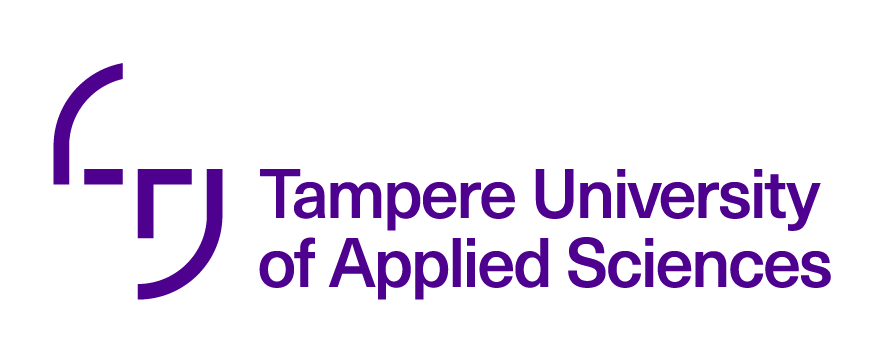Holistic Health Promotion and the Basics of Genetic NursingLaajuus (5 cr)
Code: 7Q00FK86
Credits
5 op
Objectives
The student
- understands promotion of holistic health and functional ability as a part of nursing
- understand the importance of individual engagement and self-care as a promoter of health lifestyle
- knows the different levels of health promotion
- knows importance of mental health for individuals, groups and communities
- is able to promote and observe issues related to physical, mental and social health and functional ability
- knows the impact of falling ill on health and functional ability of individuals and families
- become trained in a patient guidance and knows how to use structured health inquiries in guidance
- is able to describe the connection between mental factors and health
- knows human mental development at different ages
- knows genetics and genome knowledge main concepts
- understands principles in genetic legislation and ethics
Content
- health and functional ability promotion
- supporting the individuals own choice
- different levels of health promotion
- health equality and promotion of health equality
- protective and risk factors in mental health
- health and functional resources and their promotion, observation and performance measurement criteria (RAI)
- prevention and early intervention of diseases and addictions
- structured inquiries in patient guidance, how to use 5 A’s protocol in mini-intervention, guidance when confronting addictions and promoting addictions, nurses own emotions connection to professional actions in guidance
- impact of falling ill on health of individuals and families, illness as a crisis, steps in crises
- health psychological perspective on promotion of health and functional ability
- developmental psychological perspective on promotion of health and functional ability
- genetics knowledge main concepts
- legislation and ethical principles in genetic knowledge
Assessment criteria, satisfactory (1-2)
The student
- is able to promote and observe issues related to health and functional ability from the viewpoint of individuals and families;
- knows the impact of falling ill on health and functional ability of individuals and families;
- knows addiction as a phenomenon and methods of preventing addictive behaviour;
- knows the meaning of patient guidance and the most common structured health inquiries
- knows the connection between psychological factors and health;
- knows human mental development at different ages
- knows genetics and genome knowledge main concepts
- understands principles in genetic legislation and ethics
Assessment criteria, good (3-4)
The student
- is able to describe health and functional ability issues from the viewpoint of individuals and families
- is able to describe effects of falling ill on individuals’ and families’ health and functional ability
- is able to identify addictive behaviour and knows how to prevent it
- understands the meaning of patient guidance and the use of structured health inquiries in patient guiding
- is able to identify the connection between psychological factors and human health
- is able to identify issues related to human mental development at different ages.
Assessment criteria, excellent (5)
The student
- is able to describe and analyse diverse issues related to health and functional ability from the viewpoint of individuals and families
- is able to broadly describe effects of falling ill from the perspective of individuals and families based on theoretical knowledge
- is able to identify addictive behaviour and apply methods of preventing it
- is able to guide patient in different kind of situations and use structured inquiries
- is able to identify diverse connections between psychological factors and human health
- is able to broadly identify issues related to human mental development at different ages
Assessment criteria, pass/fail
Basics of genetics in nursing
Admitted
Student
- understands and is able to use key concepts related to genetics and genomic information
- understand the principles of genetic control situations
- understand the importance of laws and ethical principles related to genetics
Abandoned
Student
- does not understand and cannot use key concepts related to genetics and genomic information
- does not understand the principles of genetic control situations
- does not understand the importance of laws and ethical principles related to genetics
